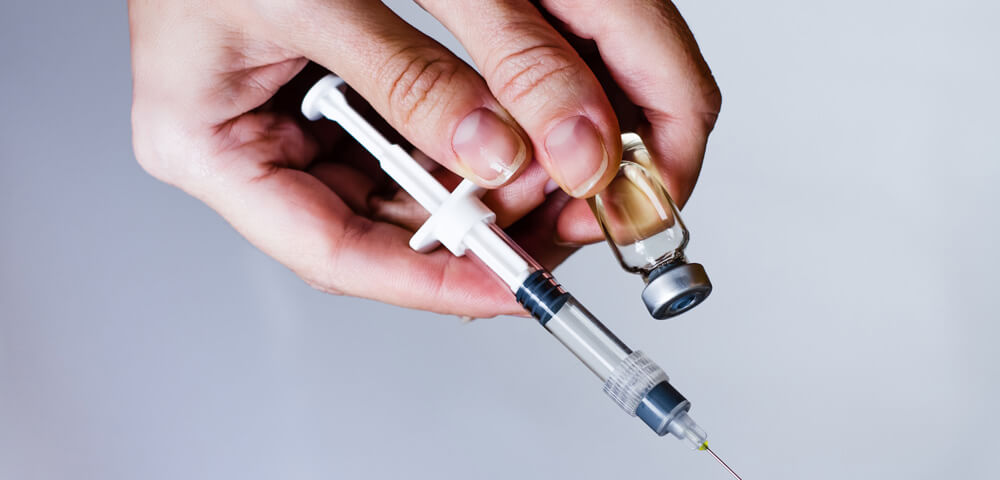From cutting-edge medical research to crime scenes, biomedical waste goes hand-in-hand with most activities related to maintaining the health and safety of our communities. While the most common forms of biomedical waste can be found in hospitals and other healthcare facilities, in truth biomedical waste is associated with a whole host of activities and organizations, from casinos to prisons to animal shelters. Any location that routinely handles surgical equipment or deals with bodily fluids will also be tasked with properly managing and disposing of biomedical waste.
What Is Biomedical Waste?
Before you can properly dispose of your biomedical waste, you must first ensure all your disposal items have been adequately identified. In basic terms, biohazardous and biomedical waste includes any biological waste with the potential to be infectious, including bodily fluids, animal waste, and pathological waste. The most common types of biomedical waste include blood-soaked bandages, surgical equipment (including needles, scalpels and other sharps), surgical gloves, masks, and gowns, and used gauze.
Where Does Biomedical Waste Occur?
A wide range of organizations generate biomedical waste, including healthcare facilities, research labs, blood banks, mortuaries, and even prisons and casinos. Because biomedical waste includes animal byproducts, veterinarians, animal shelters, and even universities that conduct animal research and testing must properly dispose of any biohazardous waste. Finally, biohazardous waste can sometimes be created during other catastrophic events, such as industrial accidents, natural disasters, and crime scenes.
Who Regulates Biomedical Waste?
The US Environmental Protection Agency (EPA) and the Occupational Safety and Health Administration (OSHA) set the regulations for the collection, treatment, and disposal of biohazardous waste. In addition, the Center for Disease Control (CDC) provides additional guidelines for the management and disposal of biohazardous waste. Finally, state and local authorities, as well as universities and individual facilities, may impose their own specific standards and practices as well.
How Should Biomedical Waste Be Handled?
Biomedical waste can never be placed directly into the trashcan or other garbage receptacles. Because of the high risk of contamination, all biomedical waste must be collected in special red bags and placed inside approved containers. Any sharps must be contained in specially designed, puncture-resistant containers. Highly infectious waste should be treated with autoclaving – high-temperature sterilization under pressure – before being placed in the appropriate containers.
When it comes to chemical or pharmaceutical waste, additional steps must be taken. Expired pharmaceuticals can be returned to pharmacies for disposal, but if any leaking or contamination has occurred, they should be separated from other biohazard materials and appropriately labeled. Chemical waste – including heavy metals – should be stored separately to avoid dangerous chemical reactions. If radioactive waste is low-level, it can be marked for incineration, but highly radioactive waste should be sealed in a lead box branded with the international ionizing radiation symbol.
All approved biomedical waste collection boxes must be securely sealed before being retrieved by a fully licensed and insured medical waste management company. All containers should be clearly marked with the contents, date of packaging and other essential information. Until the waste is collected, it should be stored in a separate area – ideally, a different room or building – and must be collected within a 48-72 hour window depending on the time of year and local climate conditions. The storage area should be clean and impermeable, with access to water, cleaning equipment, and protective clothing. Security monitoring is a must, not only to should prevent unauthorized access but to also ensure animals and insects do not breach the collection perimeter.
What Should I Do First?
Unsure where to begin? Confused about the types of materials you have on site? Worried about compliance and accurate record keeping? Whether you know what you need or are just starting out, we can help. With MCF’s experienced waste management solutions, you can rely on the skills and knowledge built over decades in the industry. We understand the paperwork, keep track of current rules and regulations, and employ a team of expert problem solvers able to stop problems before they start.
We offer customized, comprehensive biomedical waste management disposal at an affordable cost. There are no middlemen or subcontractors, we manage and monitor the entire waste disposal stream from cradle-to-grave.
Contact us today to learn more about how our organization can help streamline your waste management processes and enhance your business operations.


